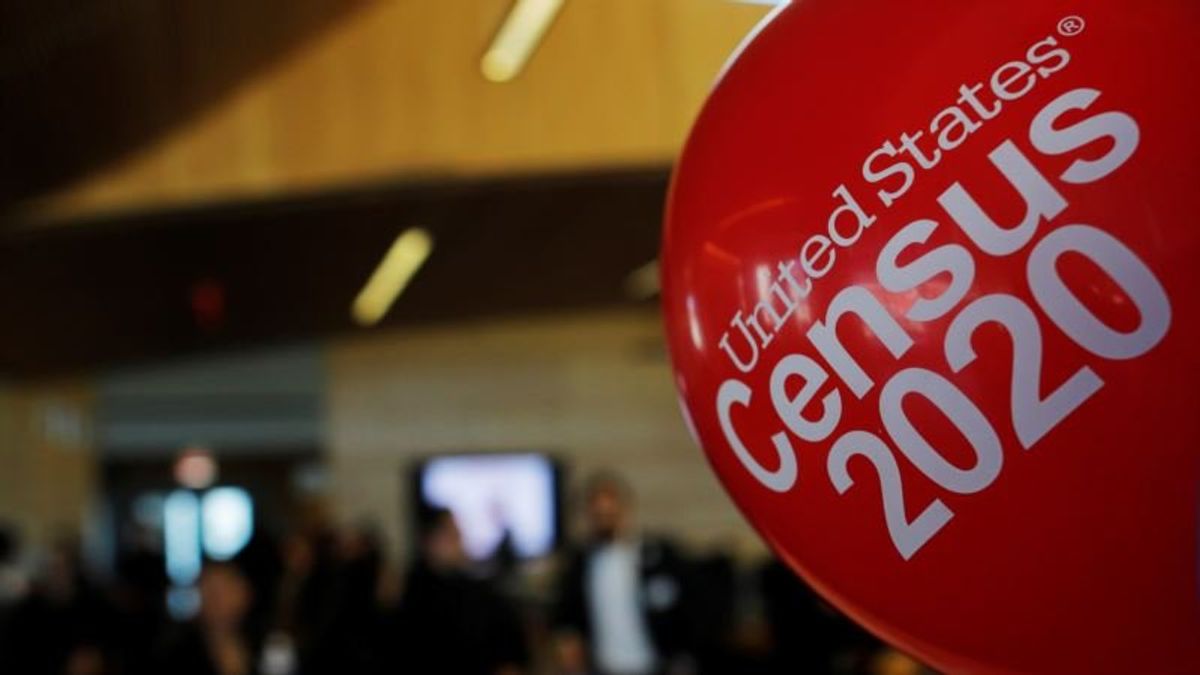
US House Committee to Issue Subpoenas Over Census Citizenship Question
US House Committee to Issue Subpoenas Over Census Citizenship Question

A U.S. House of Representatives committee has voted to issue subpoenas to Attorney General William Barr and Commerce Secretary Wilbur Ross seeking documents related to the Trump administration's decision to add a citizenship question to the country's 2020 census.
Republican Justin Amash of Michigan joined 22 Democrats to approve the motion, 23-14.
"The committee is simply trying to determine the real reason Secretary Ross added the citizenship question," said Elijah Cummings of Maryland, chairman of the House Committee on Oversight and Reform. "The Trump administration is stonewalling."
Ross said last year he made the decision based on a request from the Justice Department to better enforce the Voting Rights Act. But states and rights groups have challenged the move, arguing it would discourage immigrants from participating, and thus result in undercounting how many people live in certain parts of the country.

The census is meant to include every person in the United States at the time, no matter their citizenship or immigration status. An accurate count is important, with the results used for a number of purposes such as determining how many congressional representatives are apportioned to each state, how hundreds of billions of dollars in federal spending is allocated, and how local jurisdictions make decisions such as where to build a new road or school.
The House Oversight Committee is discussing a resolution from Cummings to subpoena from Barr and Ross documents and communications about the request to add a citizenship question from a period of time that includes roughly the first year President Donald Trump was in office.
The Associated Press reported it obtained a letter from Michael Platt Jr., an assistant secretary at the Commerce Department, asking the committee to hold off on issuing subpoenas for now in order to allow "good-faith dialogue" on the matter to continue.
Whatever the committee decides regarding its probe into the mechanics of how the decision to add the question was made, the larger question of whether the census will actually ask respondents about the citizenship status is expected to be decided by the Supreme Court in the coming months.

A lower federal court ruled in January that the way Ross added the citizenship question violated federal law, and that the Census Bureau itself had objected on the grounds that the question would harm the data it is required to collect every 10 years.
The Supreme Court will hear oral arguments in the case on April 23. It goes into recess at the end of June, by which time Census officials hope to have a final answer so they can begin the process of producing their questionnaire in time to begin their count on April 1 next year.
Trump has rejected objections to asking about people's citizenship status, something that has not appeared on the census since 1950.
"Can you believe that the Radical Left Democrats want to do our new and very important Census Report without the all important Citizenship Question," he wrote Monday on Twitter. "Report would be meaningless and a waste of the $Billions (ridiculous) that it costs to put together!"
Census Bureau Director Steven Dillingham declined to address Trump's comments at a briefing with reporters marking one year before the start of the count, which this time will allow people to give their answers online and in an expanded number of languages.
He instead stressed the importance of the census and obtaining a complete count.
 US House Panel Subpoenas Former White House Security Clearance ChiefNext PostDemocrats Welcome Fight as Trump Tees Up 2020 Health Care Battle
US House Panel Subpoenas Former White House Security Clearance ChiefNext PostDemocrats Welcome Fight as Trump Tees Up 2020 Health Care Battle





